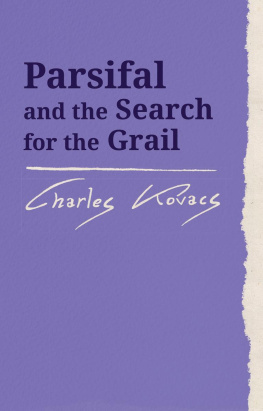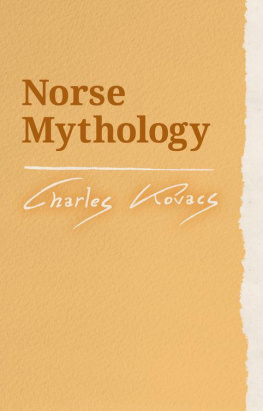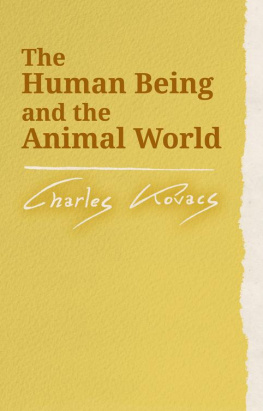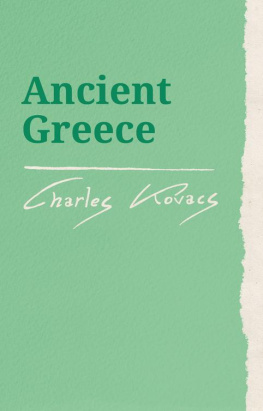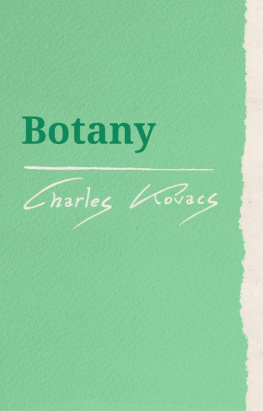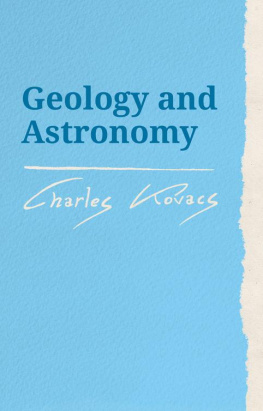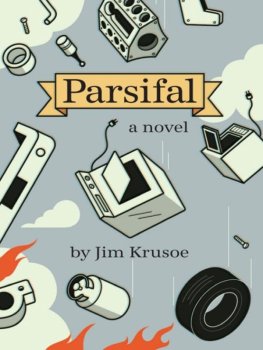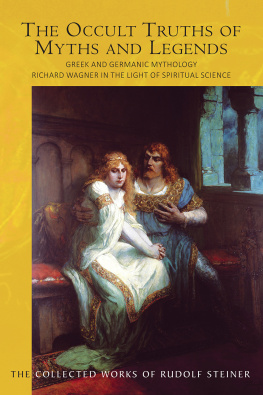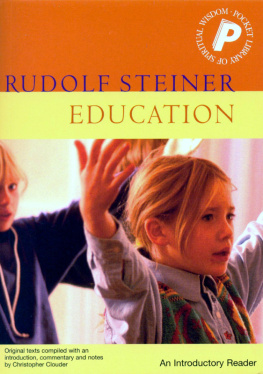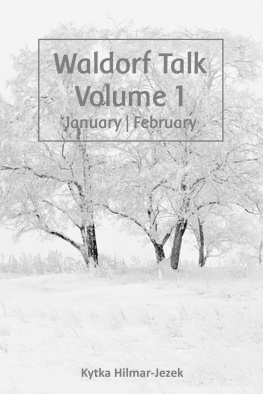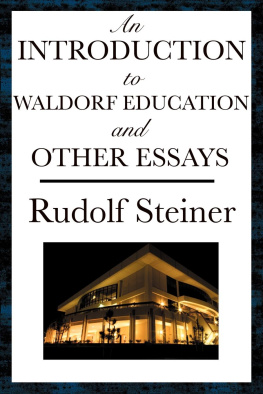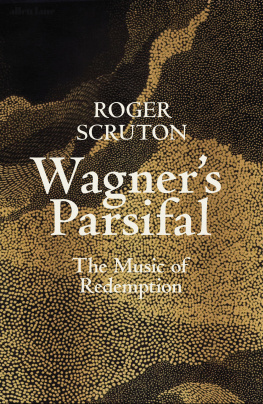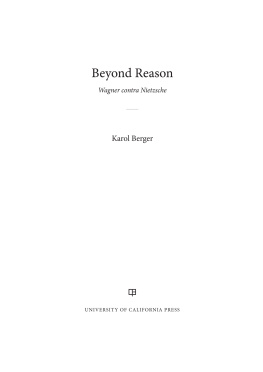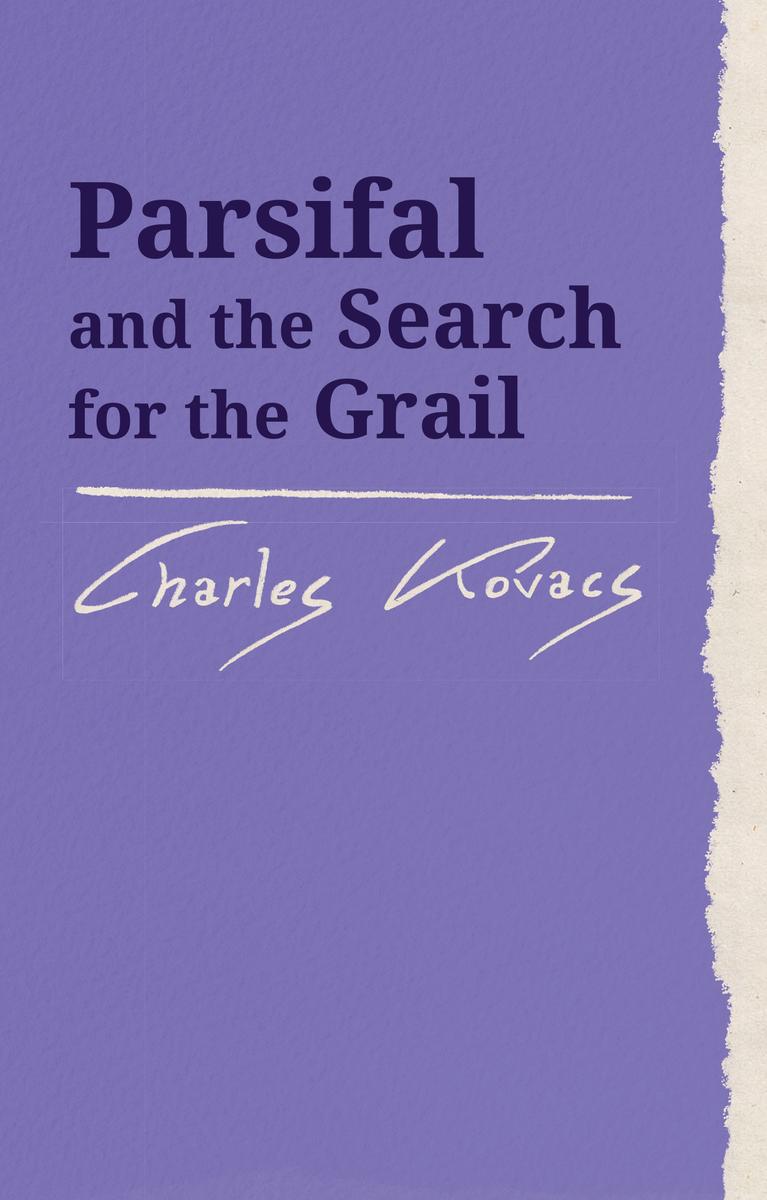British authors who have written of the great legends of King Arthur and the Knights of the Round Table have said little of the story of Parsifal. For Thomas Malory it is Gawain who holds a central place, with Parsifal (Sir Percival) relatively unimportant; others have concentrated on the romantic tales of Lancelot and Guinevere.
And whilst acknowledging the British origin of these legends, it is to the troubadours of France and Germany, notably Chrtien de Troyes and Wolfram von Eschenbach, that we need to turn for a complete rendering of the wonderful story of Parsifal.
Rudolf Steiner recommended this story for pupils of Class 11 in the Waldorf education curriculum (age 1617 years) as a way of introducing them to world literature and to one of the central problems of our time the journey of the consciousness soul and the imperative to learn to ask the right questions. Like Parsifal they will all go through their own individual way of finding the Grail as a requirement of living in this century.
This publication has come about in response to requests from other interested teachers. It is taken from original notes written in 1965 as preparation for a Class 11 main lesson.
In these lessons I am going to tell you the story of Parsifal. It is a very old story going back to the twelfth and thirteenth centuries and that brings me to the first question we have to ask: why should anyone today bother about an ancient tale a tale from the Middle Ages, a tale of knights and castles and swordfights? What can a story of medieval knights mean to us who live in the present age of computers and space travel?
Well, perhaps it is a good story and a good story is always worth telling. After all, Shakespeares plays were also not written yesterday yet they have the power to move the hearts of people nowadays. Great works of poetry dont age they are above fashions which come and go they span the centuries, they are bridges between past and present. And the Parsifal story, as it was composed some 800 years ago, is one of these great works of poetry.
Yet this isnt why I want to tell you this story. If it were only a matter of making you acquainted with some great work of literature outside the English language, I might as well have chosen the German poet Goethes tragedy Faust a play about a man who sells his soul to the devil. Or, perhaps, the Italian poet Dantes Divine Comedy which is not a comedy at all, but the description of a journey into the depths of hell and to the heights of heaven. As great creations of literature, they are just as important as the Parsifal story. But there is a different reason for choosing Parsifal.
And to give you this reason for taking Parsifal, I want to tell you of two events which actually happened they are not stories invented by a poets mind.
The first event took place during the Second World War in America. It was about 1943 or 1944, and by that time science fiction had become very popular. Quite a number of writers specialised in this field, and had their stories published in one or other of the science fiction periodicals. One of these writers sent in a story which was promptly published a story about a new kind of weapon. But as soon as this magazine appeared in the bookstalls, the American FBI the Federal Police confiscated the whole issue and arrested the author. He was accused of a breach of state security because the weapon he had described in his story was the atom bomb. At that time the atom bomb was still a closely guarded military secret the first experiments at Los Alamos were still under way, and not a whisper of it had yet reached the public and yet here was this writer who had described the main principle of it, the fusion of uranium, in his science fiction story.
The poor man was in danger of a stiff prison sentence but, fortunately for him, he could prove that he knew nothing at all about the Los Alamos experiments and that the story he had written was only the product of his own imagination. He had not betrayed any secrets, because he had never been told any. So he was released in the end with a stern warning, and only years later, when the secret was a secret no longer, could he tell how he barely escaped from a trial for high treason.
For the second event we must go back a bit further 2,500 years ago to Athens in ancient Greece. It is a public holiday, and the people of Athens are gathered in the great amphitheatre to watch the first performance of a new play by their favourite playwright, Aeschylus. The author himself takes part in the play he is one of the actors. The play begins there is deep silence in the audience. And now Aeschylus steps forward and speaks his lines. But he is suddenly interrupted by a wild outcry from somebody in the audience: He betrays the holy Mysteries! Stop him! Kill him! And in the same moment, men with drawn swords storm on to the stage. Aeschylus runs from the stage he escapes from his pursuers and reaches the temple of Dionysos. Here he has at least a temporary sanctuary because no fugitive can be taken from the temple.
And now Aeschylus asked for a proper trial before the judges of Athens. This was granted to him, and he stood trial for having betrayed the secrets of the Mysteries a crime punishable by death. But, fortunately, Aeschylus could prove that he had never been initiated into the Mysteries, that he had never been told any of their secrets and so could not betray them. His play, and every word in it, was only the product of his own imagination. And so he was allowed to go free.
It is a strange parallel between these two events, isnt it? Even though they are separated by about 2,400 years.
Yet, at either end of this long stretch of time there is the same situation: there is a closely guarded secret, known only to a small circle of men, and there is one person who out of his own resources, out of his own ingenuity discovers the secret for himself.
There is this striking similarity, but there is also a very striking, a very significant difference.
The difference lies in the kind of secret which is so jealously guarded.
What kind of secret was it that the Mystery temples of ancient Greece kept and which was only divulged to chosen men and women?
In the Mystery temples, the seekers for truth were shown a way to higher worlds to the worlds of the spirit. The secrets of the Mystery temples were secrets of the spirit.
And what kind of secrets are those which led to the atom bomb? The physicists, the scientists who in the end produced this monster weapon were, at first, not at all searching for a weapon of destruction. Their research had quite a different purpose. For a long time, science believed that all matter, all physical matter, was composed of atoms. Atom is a Greek word which means: indivisible, something that could not be divided. But, after the discovery of radium, it became quite clear that matter could be divided further that the atom could be divided into smaller particles known as electrons, neutrons, protons and photons, and that there are even, as we now know, particles of negative matter.
The scientists worked on the secrets of matter. The atom bomb was a by-product of the search for the secrets of matter.
So you have in the Mysteries of ancient Greece, secrets but they were secrets of the spirit and you have in modern times, in the experiments of Los Alamos, secrets of matter.
In the 2,400 years which lie between the two stories I have told you, humankind has gone from the secrets of the spirit to the secrets of matter. The science fiction writer got into trouble because he had guessed some of the secrets of matter; the Greek playwright got into trouble because he had guessed some of the secrets of the spirit.

